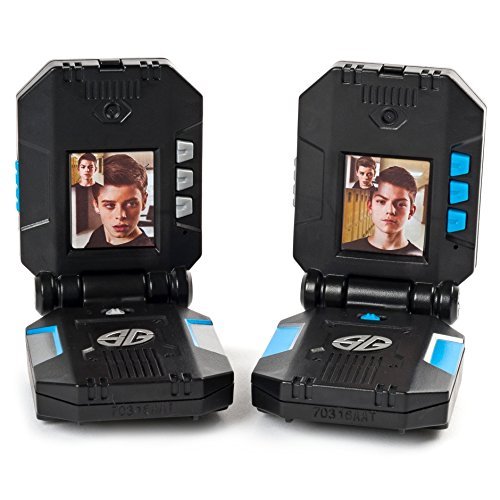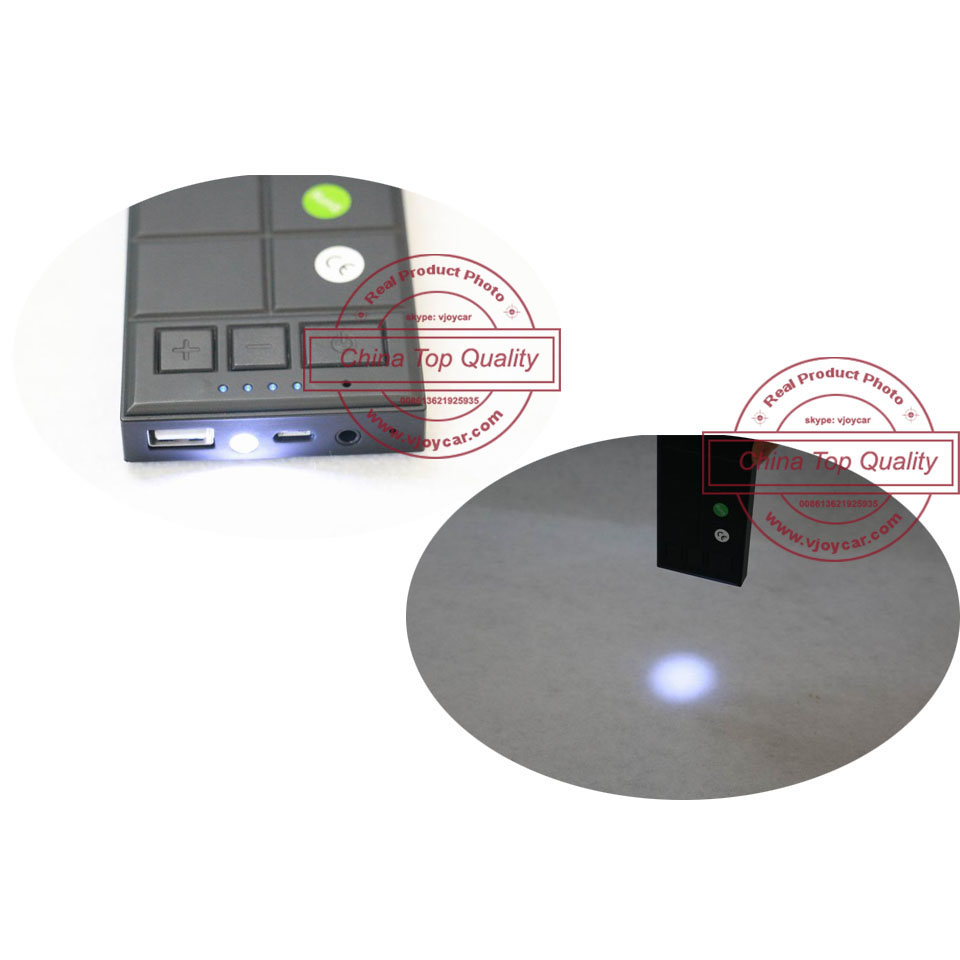
For example, the small business owners usually would place a sign indicating the use of retail store security cameras. In such places as California, Connecticut, Delaware, Florida, Hawaii, Illinois, Kansas, Maryland, Massachusetts, Michigan, Montana, Nevada, New Hampshire, Pennsylvania, Utah, and Washington, all-party consent is required before your security cameras can record sound legally.Īlso, putting up signs which specify that audio recording is taking place can also be regarded as consent in most states. Does the subject consent to audio recording? According to the privacy laws in most states, CCTV cameras cannot record sound unless you obtain the consent of at least one party involved in the conversation. The legality of audio recording in public places can be more complicated and you’ll have to consider other factors (listed below) as well.įor Your Reference: Can an employer record audio at the workplace? Read this post to find the answer. When it comes to the places where people have the expectation of privacy, such as the bedrooms, dressing rooms, toilets, etc., both audio and video recording are not allowed. Where are the CCTV cameras with voice recording installed? If the security cameras with audio are placed in your home for security purpose, then without any doubt, your CCTV cameras can record audio legally.

To help you learn whether it is illegal to have security cameras with sound in your location, here are a few factors you need to check out.

The audio surveillance laws by state vary from place to place and are generally stricter than video monitoring regulations.Īnd that’s also explains why not all security cameras have audio.

But an unavoidable fact is that, CCTV cameras with sound recording could infringe on people’s privacy if not used properly.Īnd that leads to the following question we are going to discuss: Can security cameras record sound from the perspective of laws? Can Security Cameras Record Audio Legally – That Depends


 0 kommentar(er)
0 kommentar(er)
